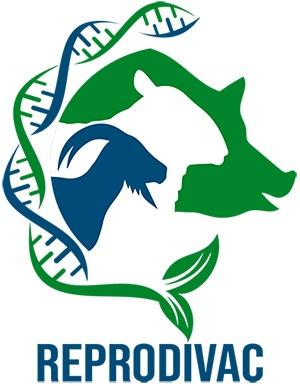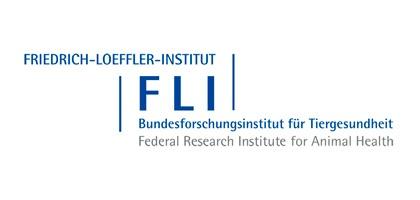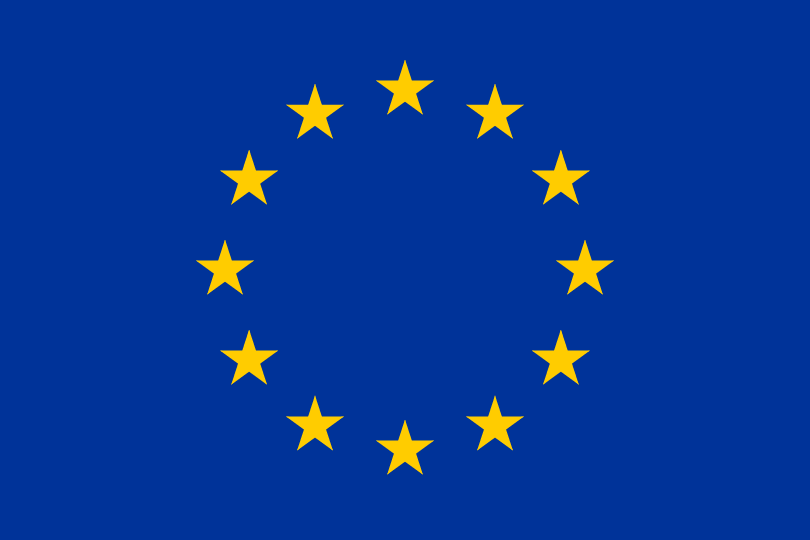REPRODIVAC - Next-generation vaccines and diagnostics to prevent livestock reproductive diseases of worldwide impact
Friedrich Loeffler Institut
As Federal Research Institute for Animal Health, the Friedrich-Loeffler-Institute (FLI) addresses farm animal health and welfare. The work aims at the prevention, diagnostics and control of animal diseases, the improvement of animal welfare and animal nutrition as well as the preservation and use of farm animal genetic resources. A further focus is on the protection of humans against zoonoses, i.e. infections transmissible between animals and humans. The FLI cooperates with numerous international organisations such as the World Organisation for Animal Health WAOH, the UN Food and Agriculture Organization FAO, the World Health Organization WHO and the European Food Safety Authority EFSA. This also applies to cooperations within the framework of collaborating, reference centres and reference laboratories. Direct collaborative projects are also carried out with many countries worldwide.
The FLI team at Insel Riems has special expertise in the molecular biology of Pseudorabiesvirus (PrV) and will support REPRODIVAC by the construction and in vitro characterization of potential PrV-PRRSV vector vaccines. The team in Jena is experienced in the diagnosis, handling and characterization of C. burnetii and its interaction with cells of the target host species. It aims at understanding the neutralizing effect of antibodies induced by C. burnetii vaccine candidates from REPRODIVAC partners. It will also use the biobank of the National Reference Laboratory to assess the capacity of antibodies to interfere with C. burnetii isolates originated from different host species
REPRODIVAC has received funding from the European Union’s Horizon Europe research and innovation programme under Grant Agreement No. 101060813. Views and opinions expressed are however those of the author(s) only and do not necessarily reflect those of the European Union or other granting authorities. Neither the European Union nor the other granting authorities can be held responsible for them.

REPRODIVAC has received funding from the European Union’s Horizon Europe research and innovation programme under Grant Agreement No. 101060813. Views and opinions expressed are however those of the author(s) only and do not necessarily reflect those of the European Union or other granting authorities. Neither the European Union nor the other granting authorities can be held responsible for them.


